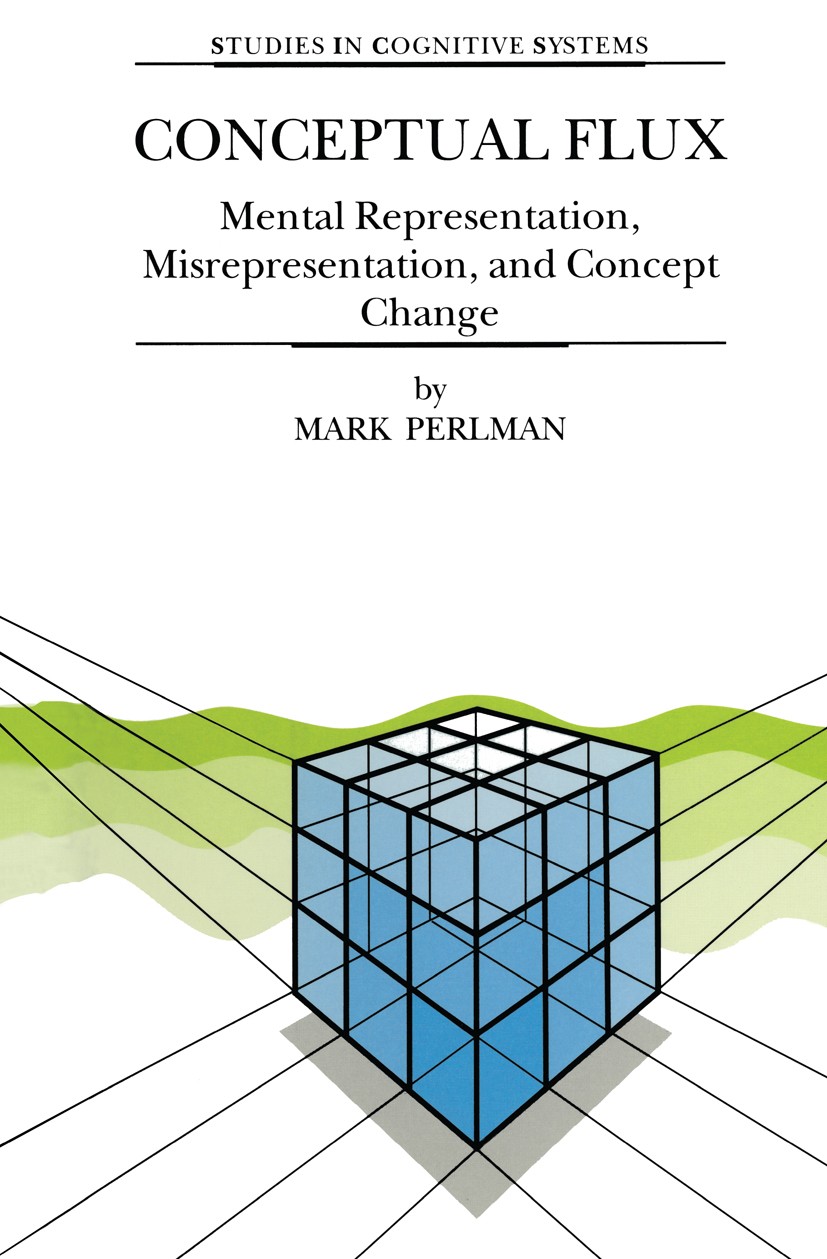| 書(shū)目名稱 | Conceptual Flux | | 副標(biāo)題 | Mental Representatio | | 編輯 | Mark Perlman | | 視頻video | http://file.papertrans.cn/235/234979/234979.mp4 | | 叢書(shū)名稱 | Studies in Cognitive Systems | | 圖書(shū)封面 |  | | 描述 | How can one think about a thing, think something false aboutit, and still be thinking about that thing at all? If a concept isapplied to something outside its meaning, how are we to say it doesnot mean that thing as well? The problem of misrepresentation is oneof the central issues in contemporary philosophy of mind. Here, MarkPerlman criticizes the way all contemporary theories of mentalrepresentation seek to account for misrepresentation, concluding thatit cannot be explained naturistically. Specifically, Perlman evaluatesand criticizes the theories of mental content proposed by Fodor,Dretske, Millikan, Block, Harman and others, as well as examiningverificationist approaches to meaning of Quine, Davidson and Stich..The book goes much further than criticism, however: Perlman formulatesa naturalistic theory of representation that reluctantly accepts theunfortunate conclusion that there is no misrepresentation. He adds apragmatic theory of content, which explains apparent misrepresentationas concept change. Mental representations can be good or bad inspecific contexts and for specific purposes, but their correctness isnot a matter of truth and falsity. The pragmatic approach to ment | | 出版日期 | Book 2000 | | 關(guān)鍵詞 | Donald Davidson; artificial intelligence; cognitive science; epistemology; linguistics; metaphysics; philo | | 版次 | 1 | | doi | https://doi.org/10.1007/978-94-015-9462-2 | | isbn_softcover | 978-90-481-5415-9 | | isbn_ebook | 978-94-015-9462-2Series ISSN 0924-0780 | | issn_series | 0924-0780 | | copyright | Springer Science+Business Media B.V. 2000 |
The information of publication is updating

|
|
 |Archiver|手機(jī)版|小黑屋|
派博傳思國(guó)際
( 京公網(wǎng)安備110108008328)
GMT+8, 2025-10-19 14:45
|Archiver|手機(jī)版|小黑屋|
派博傳思國(guó)際
( 京公網(wǎng)安備110108008328)
GMT+8, 2025-10-19 14:45


